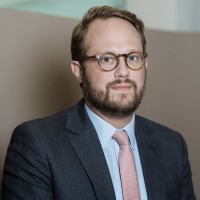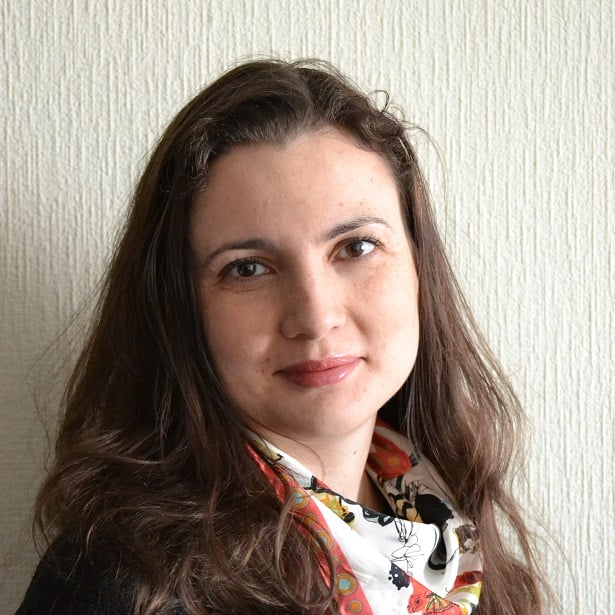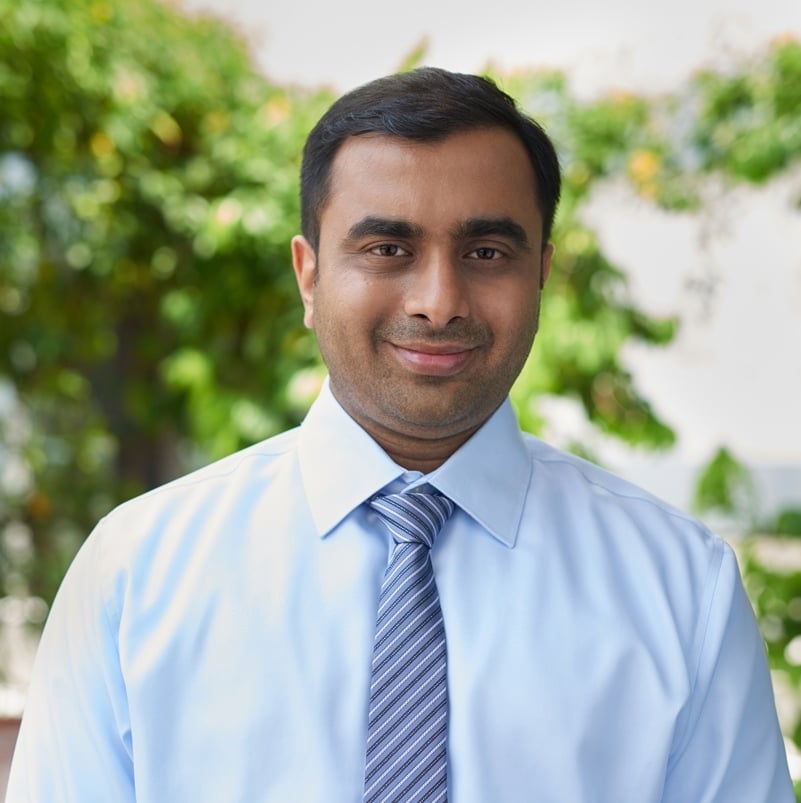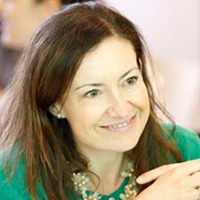The EMFin has allowed me to come back into the workplace and immediately make an impact by asking my team to think differently.
Timothy Hay

Tell us a fun fact about yourself.
I moved to Singapore almost seven years ago with my girlfriend who has since become my wife. We now have three children, two dogs, as well as 10 chickens living at home. We are trying to be self-sufficient!
Why did you chose INSEAD?
Two main reasons: firstly, INSEAD’s Asia campus is in Singapore, which is only 10 minutes away from where I live.
Secondly, and more importantly, INSEAD is truly a gateway into a very sophisticated and high-level network of international and diverse people – not only within the Executive Master in Finance (EMFin) programme which I pursued, but also into the networks of INSEAD’s other degree programmes, such as the Global Executive MBA and Tsinghua-INSEAD EMBA (TIEMBA).
Can you tell us why you chose to pursue the INSEAD EMFin?
Having spent almost 20 years in equity analysis, I wanted to reinforce and refresh what I had already learnt but I also wanted to broaden my scope in terms of looking at other asset classes.
To have an EMFin degree on your CV from one of the top business schools in the world had very little downside to it.
What was it like to go back to school?
At the time when I started the programme I hadn’t been back into a classroom for almost 20 years. Classes start early in the morning and after the day was done I would head into the library to read cases for the next day. There is no real time to switch off but motivation levels are high, because the learning is so interesting and the professors are incredibly engaging.
How did you manage time away from work, especially since you lead an organisation and have family commitments?
You have to have buy-in from everyone around you. You will be plugging out of work and the office for long periods of time, so you will need the support of your colleagues and your team. You also have to do a fair bit of pre-readings, which you have to manage gradually, and take into account any travel time to the INSEAD campus, especially if you don’t live in Singapore.
And finally you have to have buy-in from your family because you will also be spending a significant time away from them during the duration of the programme.
How would you describe your EMFin cohort?
There is a healthy number of people who work in banking and in finance. But there are also people who come from the other side of the fence in completely different industries. In my class there was a Shanghai-based Dutch CFO of a Chinese company involved in milk nutrition products, for example, as well as a Chile-based Brazilian working for an industrial warehousing business.
There’s a really healthy cross-section of different experiences, which meant that group work was always interesting, as there was always someone who could bring a different experience to the table to build the case study answer.
Can you tell us more about the EMFin curriculum?
The first two modules are very detailed and a recap or a ‘levelling up’ of sorts, so that everyone is on the same page. The fourth module is conducted in Fontainebleau, which is a chance for you to mix with the Executive MBA crowd and do things which are more management oriented – like negotiations, marketing simulations, and strategy structures and incentives. The last module is pure leadership management.
So, what’s a typical day on campus like?
A typical day starts at 8.30am, and after a morning of lectures with a break halfway, there is a case study to do before lunch, which normally takes 45 minutes. After lunch, you’re back into the classroom until 5.30pm, and then spend a good chunk of your evening in the library. It’s a full-on day.
On that note, one of the advantages of applying earlier is that you get accepted earlier and can do the pre-reading earlier too, which helps because a typical day on campus can be quite intense.
By the end of the first module you have definitely bonded as a group, as you would have spent a lot of time together, either in class or during group work.
What is the biggest impact the programme has had on you so far?
Enhanced confidence – it has allowed me to come back into the workplace and immediately make an impact by asking my team to think differently. The access to research and the professors at INSEAD is incredible as I was able to bring empirical evidence back to my colleagues and my team when looking to raise capital, as well as evolve and enhance our investment process.




